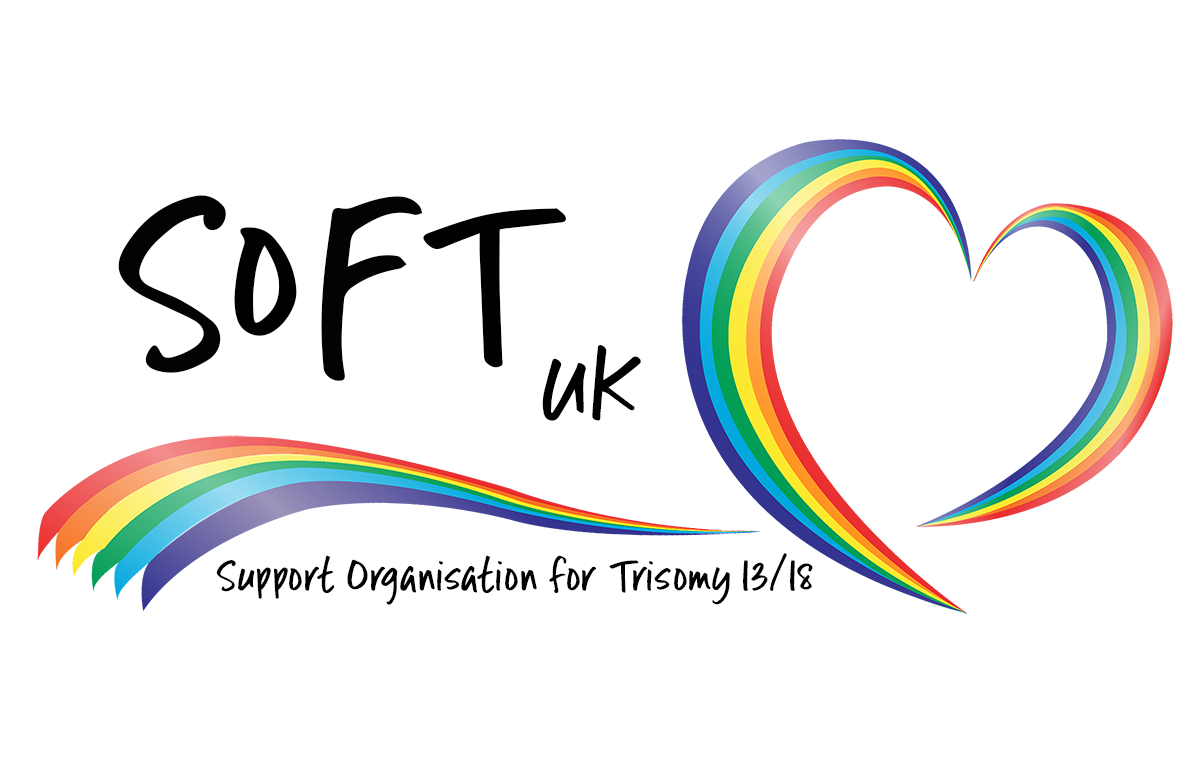Understanding Mosaic Trisomy 13 & 18
What is Trisomy 13 and Trisomy 18?
Trisomy 13 (also known as Patau’s Syndrome) and Trisomy 18 (also known as Edwards’ Syndrome) are rare chromosomal conditions in which an individual has an extra copy of chromosome 13 or chromosome 18 respectively.
In full (non-mosaic) cases, this affects all of the body’s cells.
What does “mosaic” mean?
“Mosaic” means that some of the body’s cells carry the extra chromosome, while others do not. So for example, in mosaic Trisomy 18, some cells have three copies of chromosome 18 and other cells have the usual two copies.
Because not every cell is affected, the outcome (or severity) can be milder, though it’s impossible to predict exactly how an individual will be affected.
Why is mosaicism important?
It means there may be a wider variation in how people are affected: for example, in health, development and functional abilities.
Because screening/tests and prognosis are often based on the full form of the condition, mosaicism can make things more uncertain.
It emphasises the importance of individualised support, because two children with the “same diagnosis” may present very differently.
What support is available from SOFT UK?
As the UK charity dedicated to Trisomies 13 & 18 (and related disorders), SOFT UK:
Offers a confidential support helpline and peer-to-peer connection.
Provides information for families from diagnosis (including prenatal) through infancy, childhood, into adult years.
Works to raise awareness, provide training for professionals, gather research and build community.
What it Means for Families: Practical Thoughts & Considerations
If you or someone you know is navigating a diagnosis of mosaic Trisomy 13 or 18, here are some reflections that might help.
At diagnosis
It can be overwhelming. Even when the diagnosis is “mosaic”, the uncertainty (“we don’t know exactly how you’ll be affected”) can feel very hard.
Ask for clear information: what is known about mosaicism in this case? What tests are needed? What possible health issues should we watch?
Connect with support early on: charities like SOFT UK can help you link with other families who have been in a similar position.
Looking ahead
Because there are fewer data for mosaic cases (and lots of individual variation), focus on what your child can do, not what they can’t. Celebrate the milestones, however big or small.
Plan for transitions: If your child lives into later childhood or adulthood (which is increasingly possible in mosaic cases), consider long-term planning (education, support services, social participation).
Community & peer networks: The value of connecting with other families cannot be overstated—sharing experiences, tips, hopes and worries helps reduce isolation.
Family Stories
At SOFT UK we are privileged to hear many Family Stories
Read Emilia’s story on mosaic Trisomy 13 and Trisomy 18: 👉 https://www.soft.org.uk/family-stories-1/emilia
Read Lewis’s story “Mosaic Trisomy 21 years later” (though this is a different trisomy) on our website: https://www.soft.org.uk/living-with-trisomy/lewis-mosaic-trisomy-21-years-later
